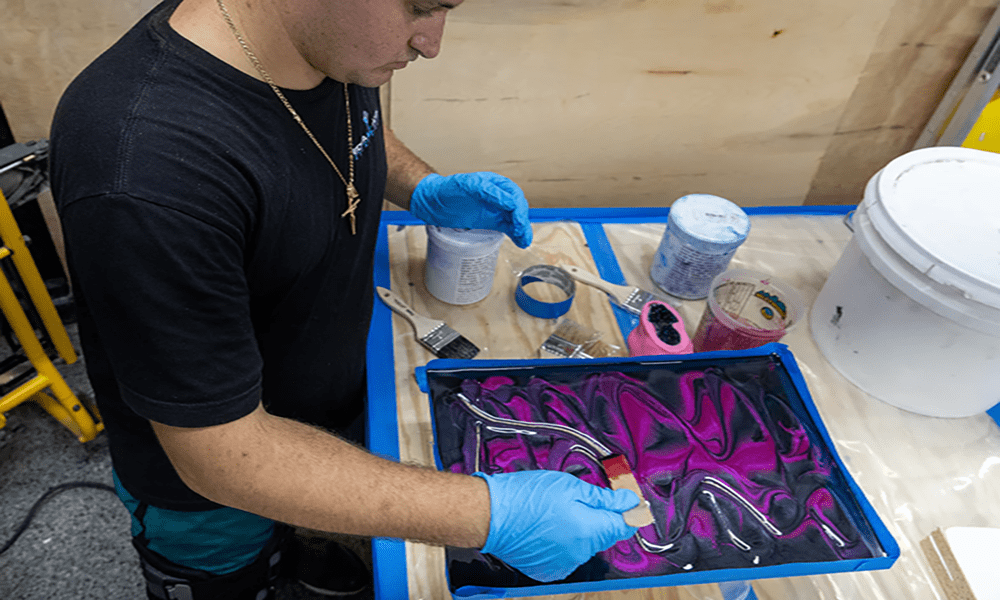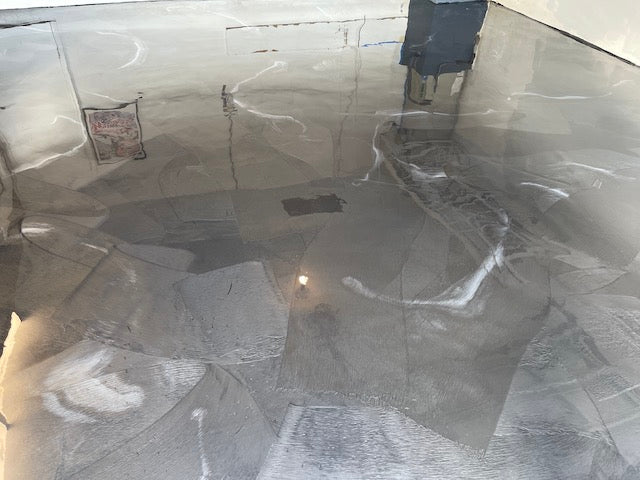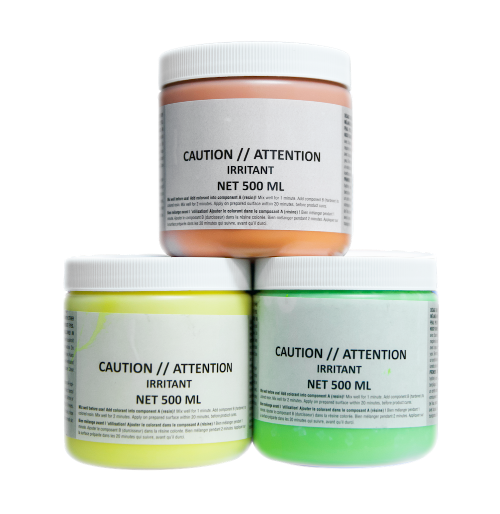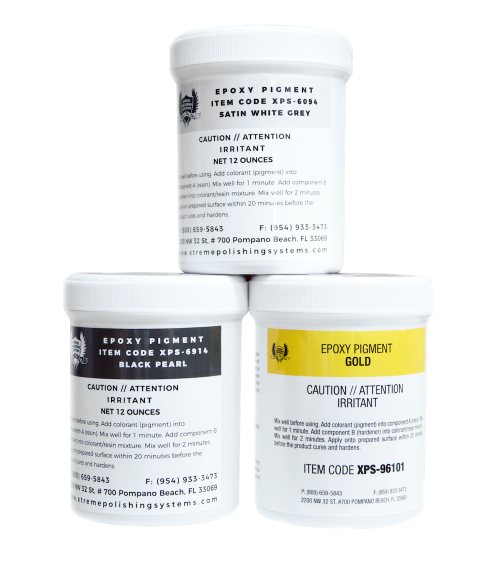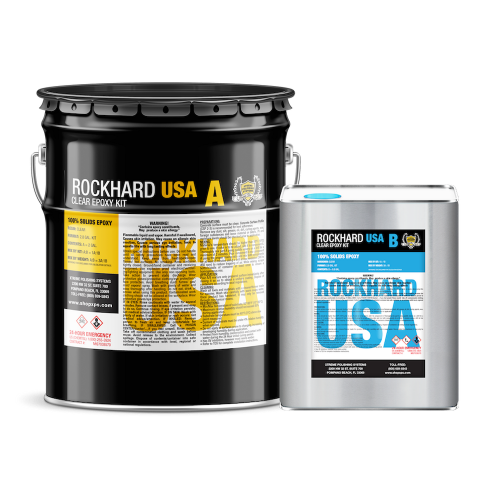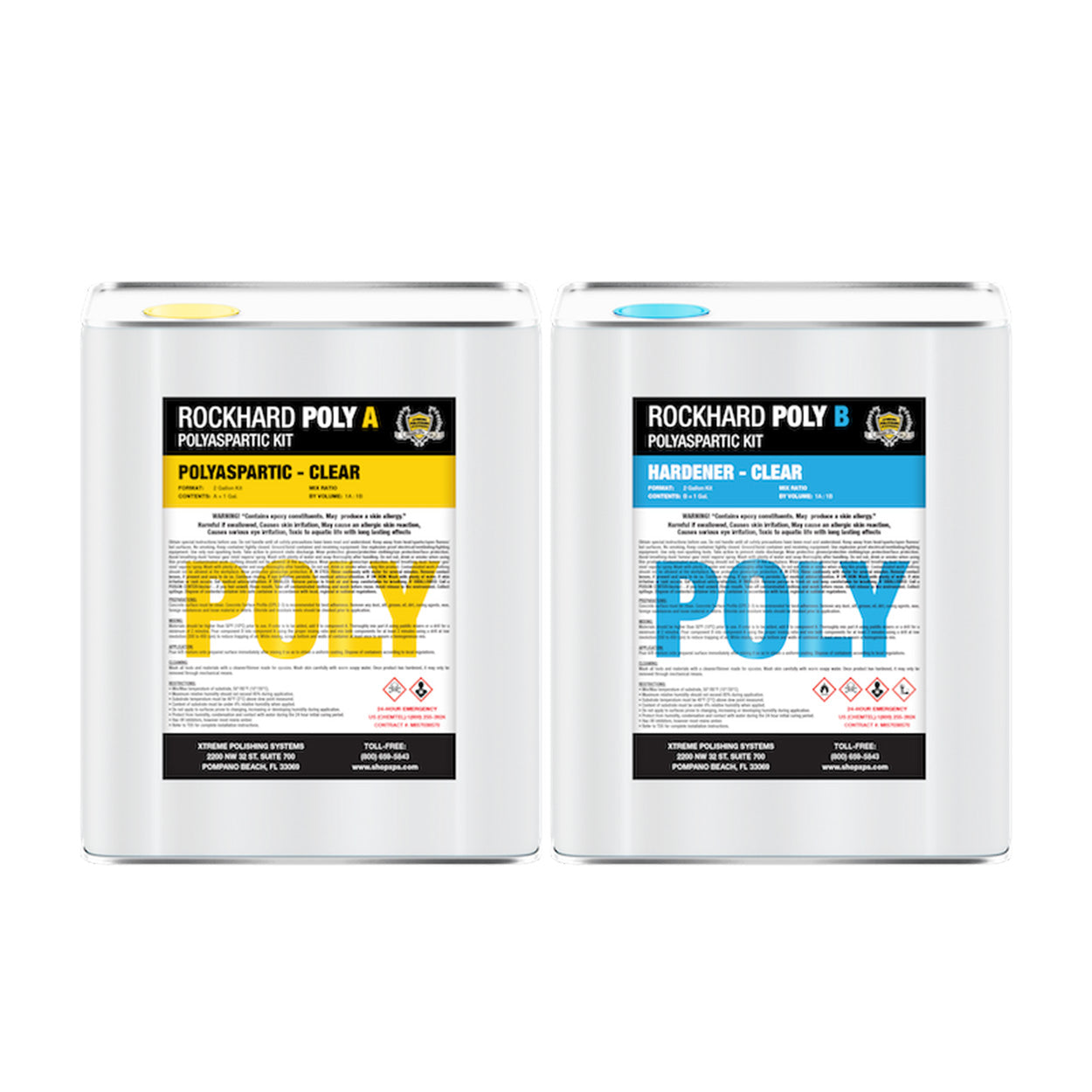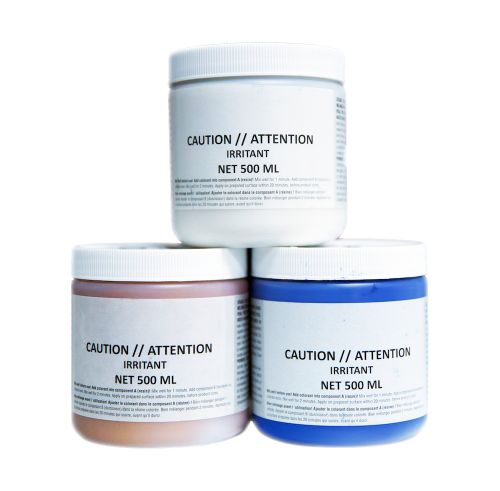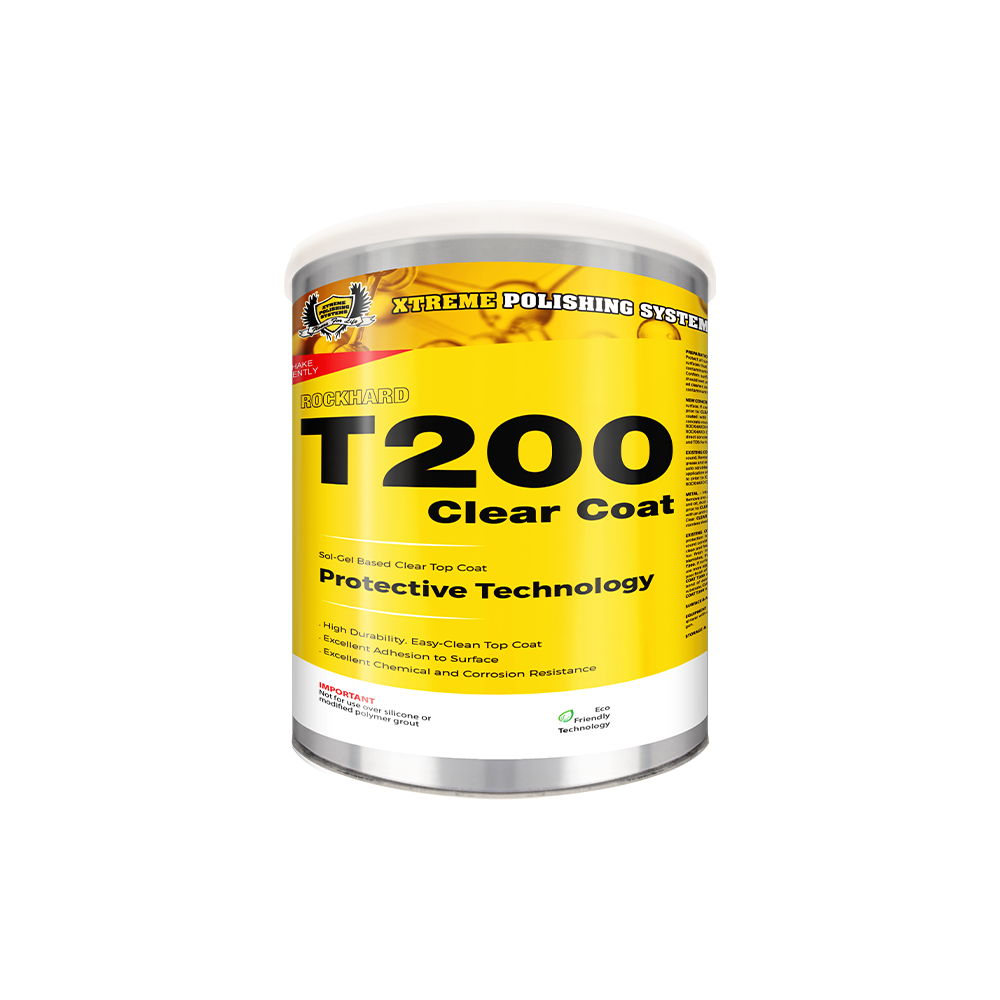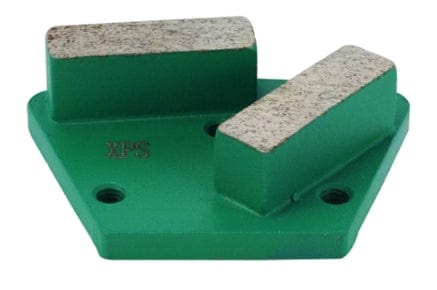Most contractors and floor owners feel frustration trying preserve the allure of epoxy floors when yellowing sets in. Epoxy resins, specifically non-polyaspartic resins, will eventually develop yellow hue when exposed to UV. But it doesn't have to be this way!
Our comprehensive guide is going to help you stave off the inevitable! From the intricate reasons behind why epoxy turns yellow, to effective solutions that'll help you prevent it.
Understand Why Epoxy Turns Yellow
Sunlight & UV Radiation
Studies on epoxy resin reveal that sunlight exposure changes the chemical structure of the resin. Because of this, your resin will gradually turn yellow over time. Specifically, the ultraviolet (UV) component of sunlight induces a process known as photodegradation.
Environmental Factors
Research on epoxy mixes has shown how environmental conditions like temperature, humidity, and exposure to various chemicals collectively influence epoxy yellowing. As you could imagine, it's difficult to fight back against the environment itself. But it's not impossible!
There's a few solutions we'll outline below that will help with reducing the risk of yellowing due to environmental factors. These can range from aesthetic decisions to material solutions. So, find the best solution for your project!
Resin Solutions & Yellow Prevention

Best Methods to Prevent Epoxy Resin Yellowing
Industry experts often underscore the importance of managing temperature and humidity during epoxy installation. You'll need an optimal environment for epoxy application to prevent yellowing. If the epoxy cures and sets under favorable conditions, it has a better chance of fighting that chemical breakdown.


